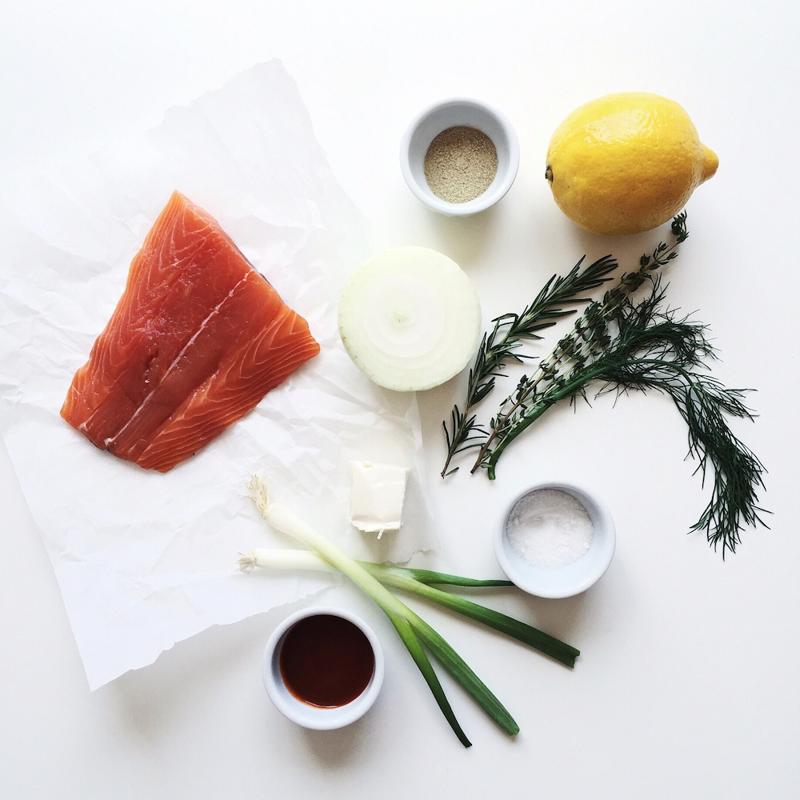As soon as your pregnancy test came back positive, you knew you wanted to do everything you could to make your baby healthy. One of the most important factors in your baby’s well-being is maintaining a healthy pregnancy diet. However, with so much information out there – and you’ll likely receive your fair share of unsolicited advice – it’s hard to know what’s actually wise to do and what’s just old wives’ tales.
Let’s take a look at some common pieces of wisdom to determine what to consider for your pregnancy diet plan:
Myth No. 1: You’re eating for two, so you should eat twice as much.
Fact: While it’s true you’re taking in calories and nutrients for your infant as well as yourself, this phrase shouldn’t be taken too literally. During your first trimester, your baby doesn’t require you to take in any extra calories. During the second trimester, add about 340 calories per day to your diet, BabyCenter advised. During the final trimester, an extra 450 calories per day should keep your baby healthy and fed.
Myth No. 2: Your baby will only take in the good nutrients and ignore the junk.
Fact: While scientists haven’t quite figured out how nutrients are divided up between mom and fetus, you can generally count on your baby taking in some qualities from all the foods you eat. This means that if you eat a diet lacking in certain nutrients, your baby’s health could suffer. What’s more, poor health before birth could have lifelong effects on the baby.
Myth No. 3: Fish is off-limits during pregnancy.
Fact: It’s not the fish that’s the problem – it’s the mercury often found in it. Mercury is a toxin that can damage your kidneys, nervous system and immune system. It’s also linked to brain damage and developmental delays in infants, according to the American Pregnancy Association.
 Salmon can actually be a part of a healthy pregnancy diet.
Salmon can actually be a part of a healthy pregnancy diet.However, aside from the mercury – which isn’t naturally found in fish but is rather a result of pollutants in the water – there are plenty of great nutrients in this aquatic protein that can promote healthy growth and brain development in babies, such as omega-3s and iron, the American Pregnancy Association explained. Here’s a general break-down of which fish are OK to include in your pregnancy diet and which to leave out.
Healthy fish to eat during pregnancy:
- Salmon.
- Shrimp.
- Tilapia.
- Cod.
- Catfish.
- Light canned tuna.
Mercury-heavy fish to avoid during pregnancy:
- King mackerel.
- Swordfish.
- Shark.
- Tilefish from the Gulf of Mexico.
- Albacore tuna.
Additionally, fish from your town’s streams or lakes might be OK to eat, but it’s best to check with authorities to see their recommendations. Your local lake might be more polluted than it seems.
Myth No. 4: Organ meat should be a pregnancy diet staple.
Fact: Organ meat is packed with iron, copper and vitamins A and B12, all of which are excellent for a healthy mom and baby. Considering this, it’s no wonder many people recommend increasing organ meat intake during pregnancy. However, in some cases, too much of a good thing can turn bad. Pregnant women who eat organ meat more than once a week could wind up with toxic levels of vitamin A and copper, increasing the risk of birth defects and liver toxicity, Healthline explained.
Myth No. 5: Your normal cup of coffee during pregnancy is harmless.
Fact: Coffee and other caffeinated beverages are at the center of many culinary controversies. Some say caffeine is healthy; others say it should be avoided. When speaking about pregnancy in particular, the claims are endless;Â some say it can cause infertility, miscarriages, birth defects and more. The fact is, scientists haven’t found enough correlation between studies to say any of these things are unquestionably true or false, the American Pregnancy Association concluded.
That said, there are some things about caffeine we do know for sure:
- Caffeine crosses the placenta, which means that when you drink a cup of coffee, your baby is also taking in this drug. And, just like you, your baby may have trouble sleeping when he’s had too much caffeine.
- Babies’ metabolisms aren’t mature enough to properly process caffeine.
- Caffeine increases your blood pressure and heart rate, and it’s generally advised to keep these lower during pregnancy.
- Caffeine is a diuretic, which can lead to dehydration – another thing to avoid during pregnancy.
Given all this information, it may be best to cut back on your caffeine intake, or just cut it out completely.
 Consider replacing your daily cup of coffee with herbal tea for a healthy alternative.
Consider replacing your daily cup of coffee with herbal tea for a healthy alternative.Myth No. 6: Pregnant women shouldn’t eat cheese.
Fact: Some soft cheeses may contain listeria, salmonella, E. coli or other harmful bacteria. It all comes down to whether the cheese was made with pasteurized or unpasteurized milk.
Cheese made in the U.S. is typically made with pasteurized milk. Pasteurization is the process of heating up the milk hot enough to kill off those harmful bacteria, which means any product made after this process is completely fine to eat during pregnancy. However, it’s always important to read your label; if it doesn’t specifically list “pasteurized milk” as an ingredient, it might be best to skip it to be safe.
In general, be cautious around imported soft cheeses such as:
- Camembert.
- Feta.
- Brie.
- Roquefort.
- Gorgonzola.
- Queso blanco.
- Queso fresco.
Myth No. 7: Deli meat should always be avoided during pregnancy.
Fact: Deli meat may have listeria, a harmful bacteria associated with miscarriage, according to the American Pregnancy Association. Dangerous though it might be, there’s one thing listeria can’t survive: heat. If you’re tempted to make yourself a turkey or ham sandwich, go right ahead – just be sure to heat up your cold cuts until they’re steaming first.
